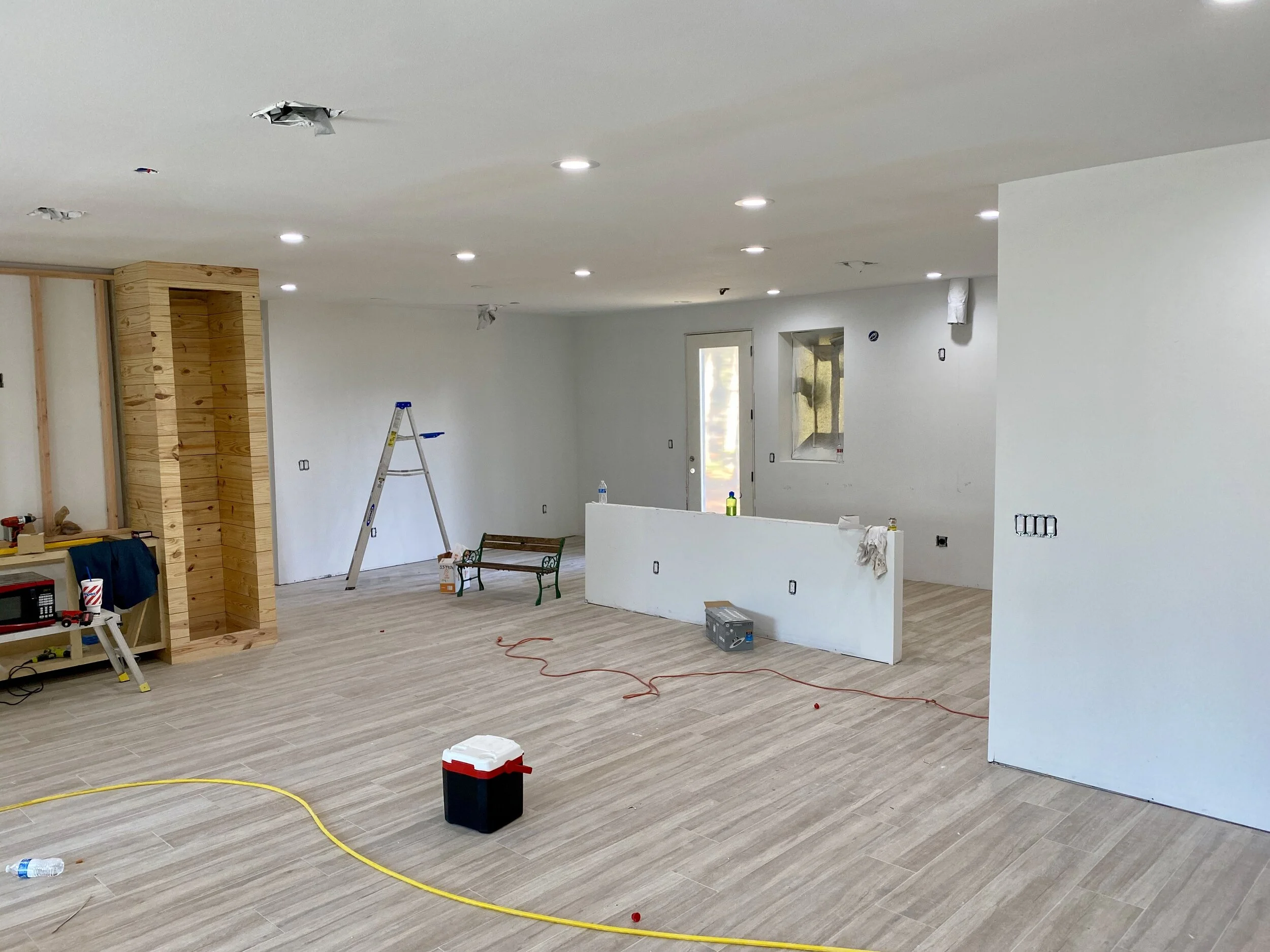Selecting the right construction partner for an industrial project is a critical decision that impacts the success, budget, and timeline of the build. Industrial construction projects require specialized knowledge, experience, and expertise to meet industry standards and operational requirements. This article provides essential factors to consider when choosing the best construction partner for your industrial project.
1. Industry Experience and Expertise
Industrial construction is vastly different from residential or commercial projects. It requires an in-depth understanding of heavy-duty infrastructure, compliance regulations, and specialized equipment. Choosing a contractor with experience in industrial projects ensures that they understand the complexities involved, from site preparation to facility functionality.
2. Reputation and Track Record
A contractor's reputation speaks volumes about their reliability and quality of work. Research past projects, read client testimonials, and check references to assess their track record. A construction partner with a history of successful industrial builds is more likely to deliver high-quality results.
3. Licensing, Certifications, and Compliance
Industrial projects must adhere to strict safety regulations, environmental codes, and industry-specific standards. Ensure that the construction partner holds all necessary licenses, certifications, and insurance policies to operate legally and safely. Compliance with OSHA (Occupational Safety and Health Administration) and other industry standards is crucial.
4. Financial Stability and Resources
A financially stable contractor can secure quality materials, hire skilled labor, and maintain project momentum without unnecessary delays. Assess their financial health and ensure they have the resources to handle your project's scope, including equipment, skilled workers, and subcontractor relationships.
5. Technological Capabilities
Modern industrial construction relies on advanced technology for efficiency and precision. A reliable construction partner should utilize BIM (Building Information Modeling), drone surveys, and automated project management tools to optimize planning and execution. These technologies help reduce errors, improve communication, and enhance project transparency.
6. Safety Standards and Record
Safety is a top priority in industrial construction. Review the contractor's safety record, policies, and training programs to ensure they prioritize worker and site safety. A company with a strong safety culture reduces the risk of accidents, project delays, and legal liabilities.
7. Ability to Meet Deadlines and Budget
Industrial projects often operate on strict timelines and budgets. Choose a contractor with a proven ability to complete projects on schedule without compromising quality. Request a detailed project plan, timeline, and cost estimates to assess their capability in managing resources effectively.
8. Customization and Flexibility
Every industrial project has unique requirements based on industry needs. A great construction partner should be flexible and capable of customizing solutions that fit your facility's operational demands, whether it's manufacturing plants, warehouses, or processing facilities.
9. Strong Communication and Collaboration
Successful projects rely on clear communication and collaboration between clients, contractors, and subcontractors. Choose a construction partner who maintains transparency, provides regular project updates, and is responsive to questions or concerns throughout the process.
10. Post-Construction Support and Maintenance
A reliable construction partner provides ongoing support even after project completion. Inquire about their post-construction services, including maintenance, repairs, and warranty coverage, to ensure your industrial facility remains operational and efficient long-term.
Conclusion
Choosing the right construction partner for your industrial project requires careful evaluation of experience, reputation, safety standards, and technological capabilities. A well-qualified contractor will not only ensure the successful execution of your project but also provide long-term value through durability, efficiency, and compliance. Investing time in selecting the right partner will lead to a smoother construction process and a high-quality industrial facility that meets your business needs.
